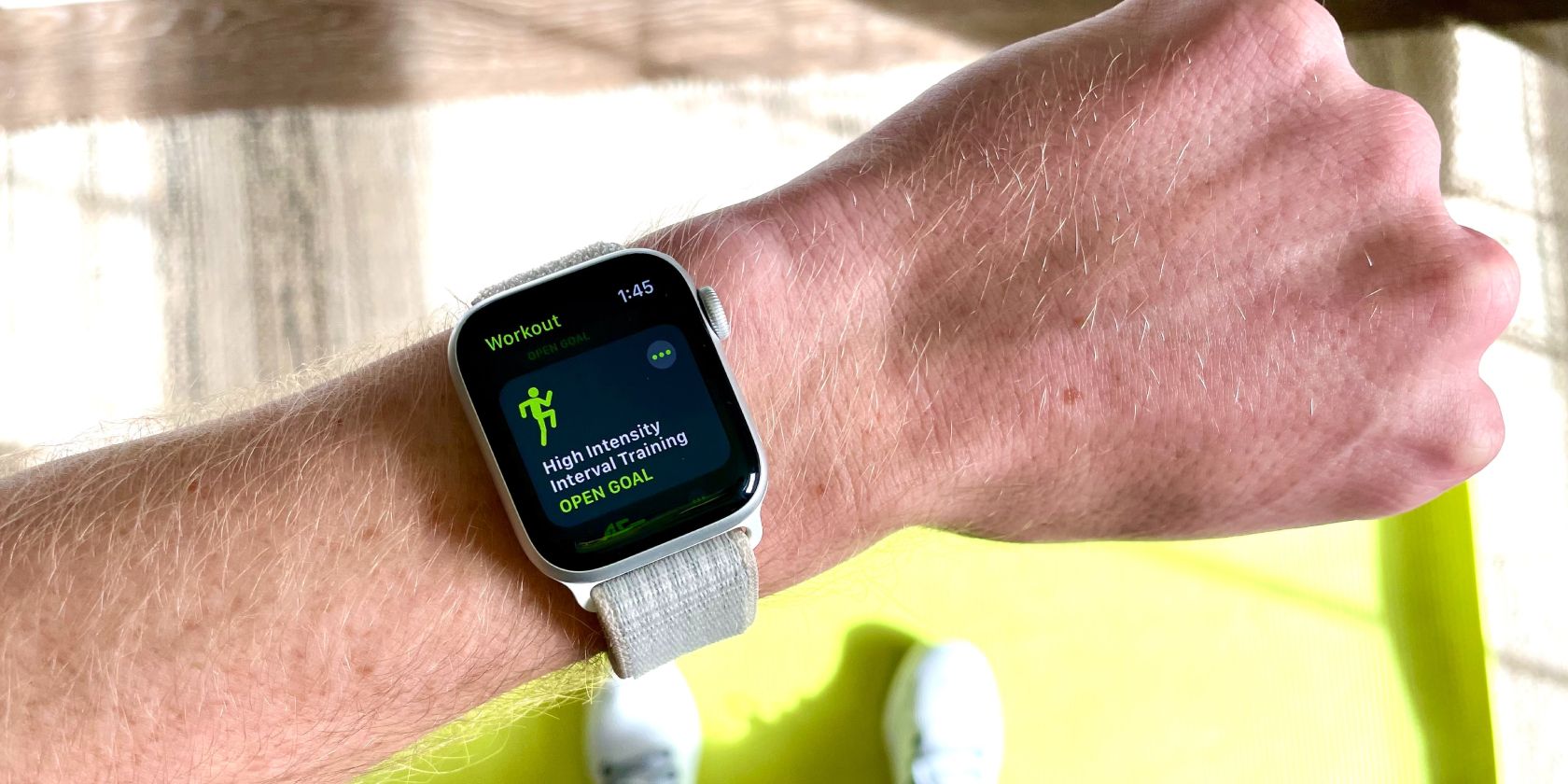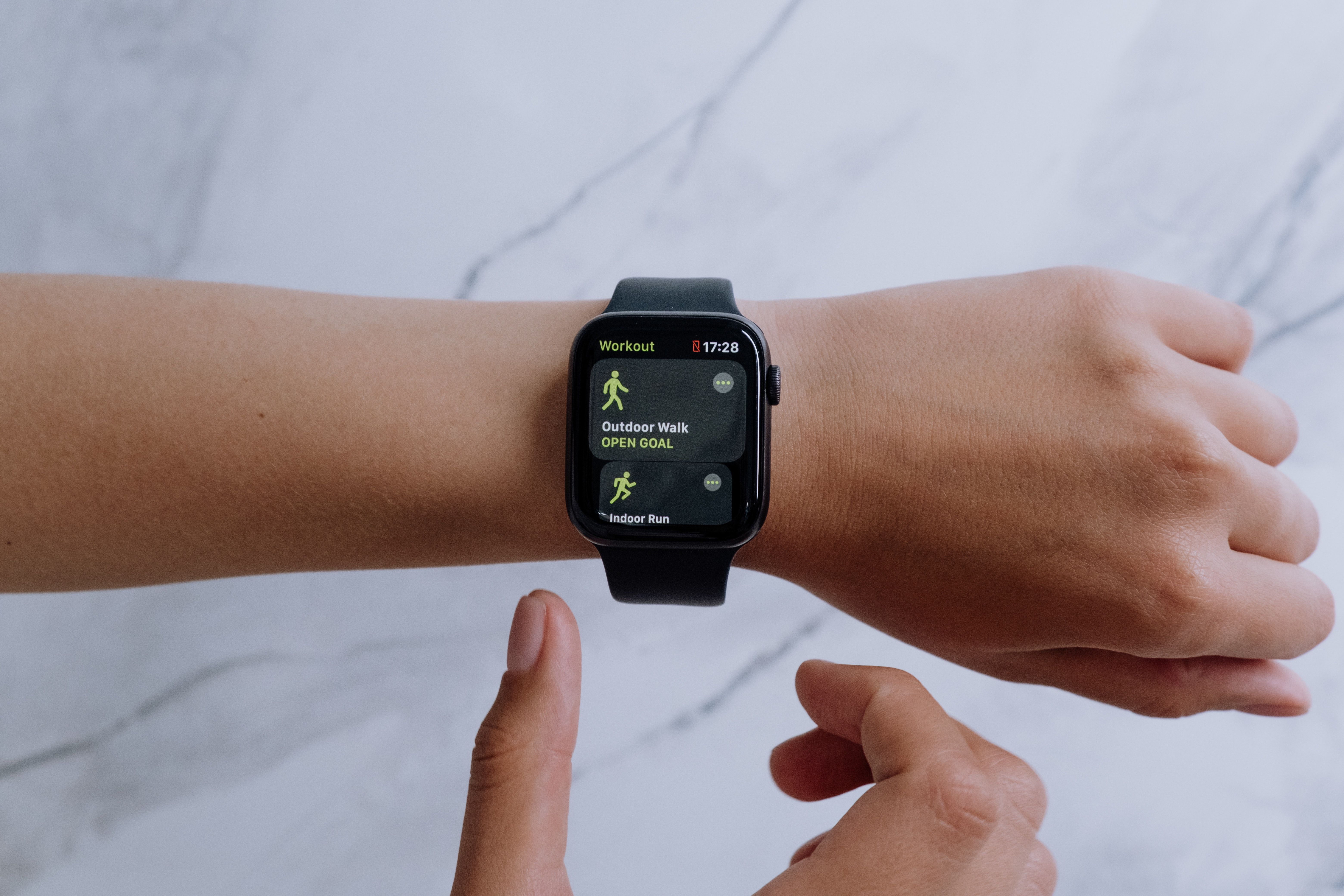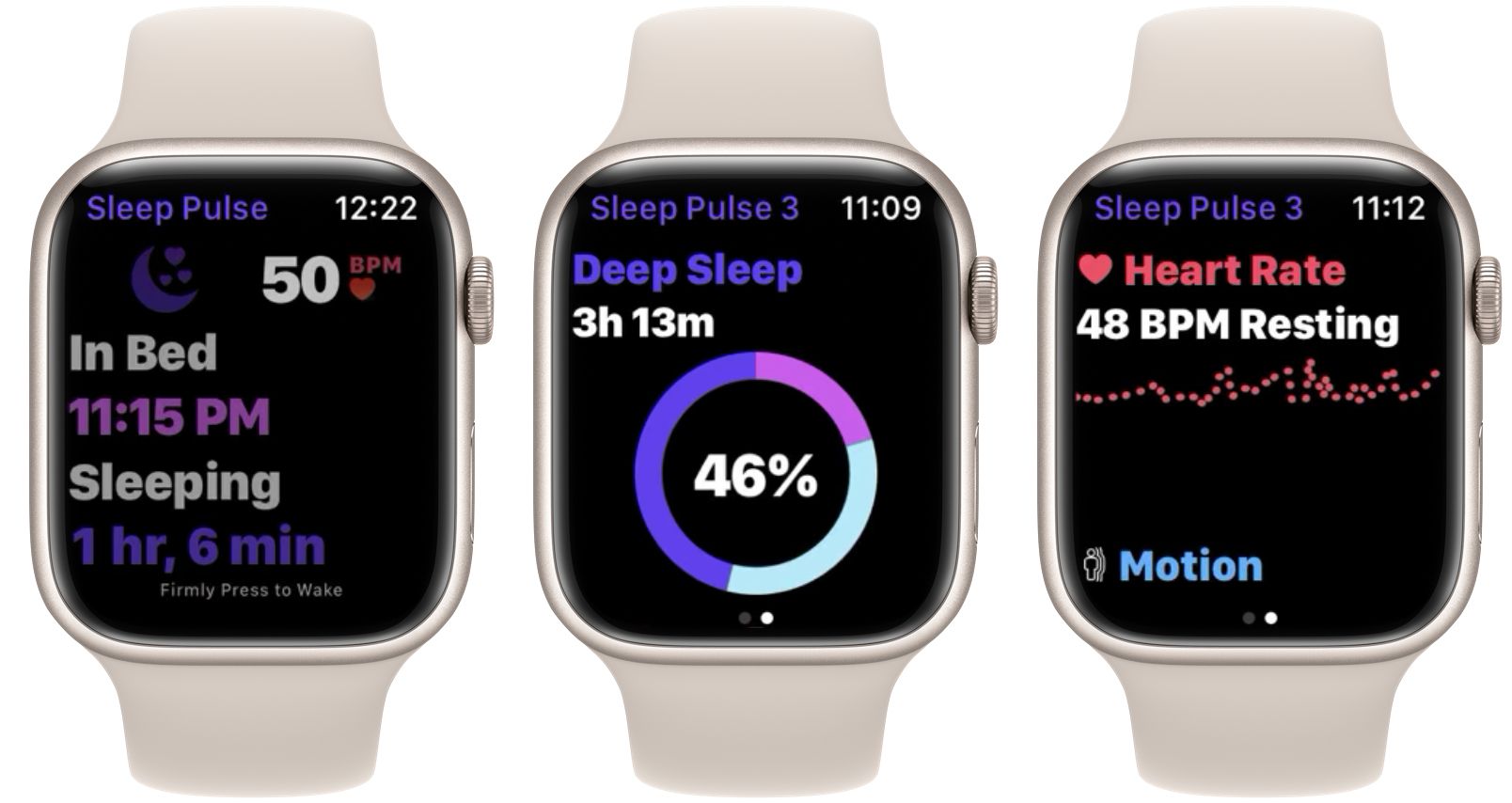Wearable health trackers have become the go-to gadgets for fitness buffs and health-conscious individuals alike. These modern wonders claim to measure everything from your steps and distance to your heart rate, calories burned, sleep quality, and even stress levels.
But it's time to answer an important question: are these devices as accurate as they claim to be, or are they merely trendy tech accessories? Let's dig into the truth about your favorite fitness trackers.
Factors Affecting Wearable Tracking Accuracy
There are several pros and cons to buying a fitness tracker. One consideration should be how accurately these devices do what they claim to do.
Algorithms and Proprietary Tracking Methods
One of the main factors affecting the accuracy of health trackers lies in the algorithms and proprietary tracking methods used by various companies. Each brand, whether it's Apple with its focus on wellness, Samsung with its BioActive sensor, Fitbit with its various models, or any other, has its own algorithms that process raw data from sensors to provide you with your health metrics.
These algorithms are often kept under wraps, making it difficult to evaluate their accuracy and compare them to one another.
Differences in Individual Physiology
Another factor to consider is the variation in individual physiology. People have different body types, fitness levels, and health conditions, which can influence how their bodies respond to exercise and other activities.
Because most wearables are designed based on general population data, they may not always account for these individual differences. This can lead to discrepancies in health metrics, especially for people who fall outside the "average" range.
Positioning and Wear of the Smartwatch
The way you wear your smartwatch can also impact its tracking accuracy. Most smartwatch manufacturers recommend wearing the device snugly on your wrist, just above the wrist bone. However, factors like wrist size, shape, and even the way you move your arm can affect the measurements.
If the smartwatch is too loose, it might not maintain consistent contact with your skin, leading to inaccurate heart rate readings. For example, if you're like me and use your smartwatch while mountain biking, you might wear your smartwatch upside-down for comfort. You'll still be able to navigate, but you will lose out on all the heart rate metrics.
Limitations in Sensor Technology
Finally, limitations in sensor technology play a significant role in tracking accuracy. While sensors in wearables have come a long way, they still have their shortcomings.
Some devices may use more advanced sensors, like the BioActive Sensor found in Samsung Galaxy Watches that can measure the amount of muscle, fat, and water in your body. Others might use less sophisticated technology, as is the case with some budget-friendly fitness trackers (such as the $50 Amazefit).
The type and quality of sensors can greatly impact the accuracy of the data collected.
Investigating the Accuracy of Popular Smartwatches
Each fitness tracker brand offers a unique set unique capabilities, but how do they stack up when it comes to tracking accuracy?
To get a clearer picture of how well these smartwatches perform, we can compare them to gold-standard measurement tools such as pedometers for step counting, chest strap heart rate monitors, lab-based metabolic testing for calorie burn estimation, and sleep study equipment for sleep tracking.
Accuracy of Pedometers
When it comes to counting steps, pedometers are the classic choice. They measure steps using a simple mechanical or electronic mechanism that detects movement when you walk or run. In contrast, smartwatches rely on algorithms that process data from accelerometers and gyroscopes to count steps.
Although smartwatches generally provide reasonably accurate step counts, they can be influenced by factors like walking speed, arm movement, and other activities that may cause false step readings.
A study published in the Journal of the American Medical Association measured the accuracy of pedometers in wearable devices and smartphone applications. The results show that these devices can be relied upon to accurately track the number of steps you take.
Accuracy of Heart Rate Monitoring
When it comes to measuring heart rate, chest strap heart rate monitors are some of the most accurate because they use electrical signals from your heart to measure beats per minute. Smartwatches, on the other hand, utilize optical heart rate sensors that measure blood flow changes through your skin.
While smartwatches deliver reasonably accurate heart rate readings during steady-state exercises, they might struggle with accuracy during high-intensity or irregular activities due to factors like arm movement and sweat.
Research published by the Journal of Personalized Medicine measured the accuracy of wrist-worn devices, including devices from Apple, Fitbit, and Samsung. The research concluded that most wrist-worn devices are accurate at measuring heart rate in laboratory activities.
But do laboratory activities simulate the real world well enough? Researchers from Harvard University report that accuracy depends on the activity. For example, while walking, smartwatches and wrist-based devices tended to report a higher than true heart rate. While typing, wearables reported a lower than true heart rate.
Other research published by the Journal of the American Medical Association Cardiology reports that chest strap heart-rate monitors had a 99 percent correlation with an electrocardiograph, making them the go-to option for those who want precision monitoring.
Accuracy of Calories Burned
Lab-based metabolic testing, the gold standard for calorie burn estimation, measures oxygen consumption and carbon dioxide production to calculate the number of calories burned.
In contrast, smartwatches and fitness trackers like Fitbit estimate calorie burn using algorithms that factor in variables such as heart rate, age, weight, and activity level. The accuracy of these estimations can vary depending on the individual and the specific activity, making them less precise than lab-based testing.
Research published by the European Journal of Sports Science measured devices from three manufacturers including Apple, Polar, and Fitbit. It concluded that in terms of measuring energy expenditure (i.e. calories burned) all three devices showed poor accuracy during all activities. This is not to say that smartwatches won't one day be able to track this metric accurately, but they don't currently track calories burned accurately.
Accuracy of Sleep Tracking
Clinical sleep study equipment, like polysomnography, measures brain activity, eye movement, muscle activity, and heart rate to track sleep accurately. This level of accuracy is only currently available in clinics—and you'll have to sleep in one to get this level of measurement.
On the other hand, wrist-based wearables are limited in the data they can collect from a single point on your body. For this reason, they rely on accelerometers and heart rate data to estimate sleep stages, which can be less accurate.
According to Johns Hopkins Medicine, wearables can be helpful for helping you recognize sleep habits, and they may provide something to reflect on, but none of the wearables on the market can actually measure sleep directly and should be taken with a grain of salt. To measure sleep directly, there is no replacement for clinical-grade equipment.
Advantages of Accurate Fitness Trackers
Smartwatches and fitness trackers have revolutionized the way you can monitor your health and fitness, offering valuable insights into various aspects of your well-being. These devices have made significant strides in accuracy. A meta-analysis conducted in 2022 by the Journal of Medical Internet Research confirmed that wearables can be effective at measuring steps and heart rate (especially when using a chest strap for the latter), but not calories burned. Sleep tracking accuracy also remains questionable.
A review of recent research published in The Lancet Digital Health indicates that the advantages of wearing a fitness tracker outweigh any potential drawbacks. For example, these devices appear to be effective at increasing physical activity in general.
Trust Your Fitness Tracker
Fitness Trackers are becoming more accurate with each iteration. And while early versions may have been grossly inaccurate, newer devices can be incredibly useful in motivating you to stay active, set goals, and track your progress over time. That's reason enough to give this type of device a try if you want to give your wellness journey a boost.



